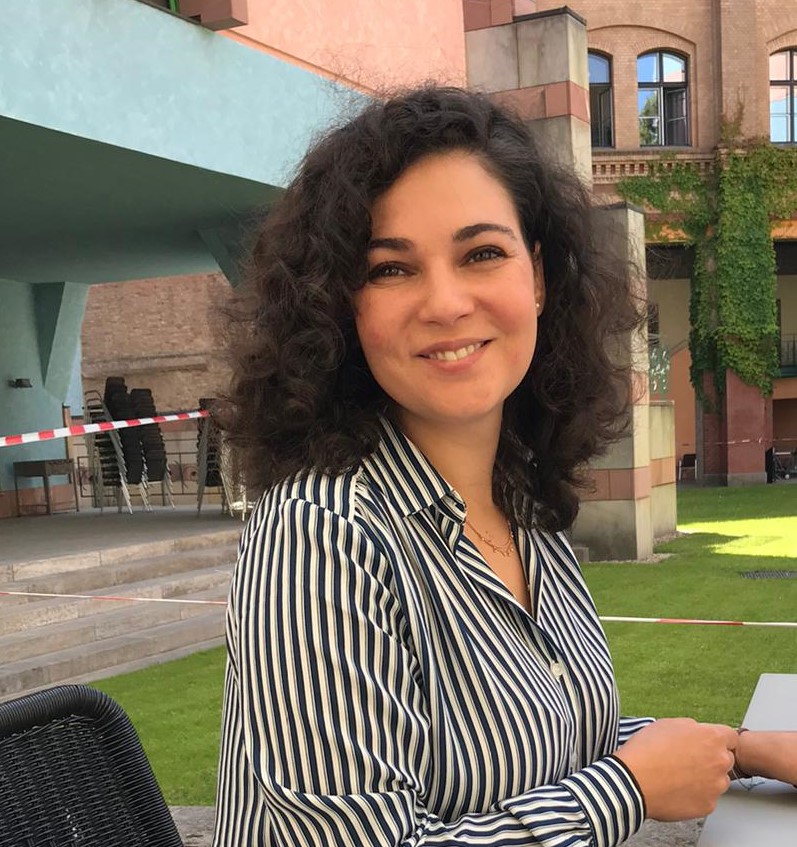Research
My research agenda is roughly structured around three areas: political protest and protest behaviour, party competition over issues of immigration, as well as populism and how it affects party systems. Below, I briefly summarize my research in each of these areas.
Social Movements, Protest, and Radicalization
In the context of two larger research projects, MOTRA (Monitoring System and Transfer Platform Radicalization) and PolCon (Political Conflict in Europe in the Shadow of the Great Recession), I am interested in protest, social movements, and radicalization. As part of these teams, as well as individually or with varying co-authors, I cover a wide array of research questions, which can be broadly structured around three analytical levels: individual behaviour, protest movements, and their effects on societies.
Currently, I am working on several papers on the individual level determinants of protest participation, for instance in the context of the protests against the Covid19 containment measures or climate strikes. Beyond these certainly relevant cases as such, this strand of my research agenda speaks to theoretically relevant questions of the political behaviour literature, such as: What drives individuals to act on their beliefs and take to the streets? What sparks attitudinal polarization to manifest in protest on the streets? How does previous exposure to radical protest relate to participation in anti-system protests?
In terms of protest movements and the impact of protest on the public, my current work is concerned with questions related to movements as a whole and their impact on the public: How do movements adjust their action repertoire? When and why do movements radicalize and does this harm or boost their public image? How do movements and government interact and how does this affect policy making?
This strand of research draws heavily on protest event data that is collected based on a semi-automated approach to textual analysis of newspaper articles, which was developed by my colleagues and myself. This data base covers all protest events taking place in Germany (including information on the protest form, location, time, number of participants, thematic focus, etc.) since 2002.
Immigration, polarization, and party competition
This strand of my research focuses on the effects that radical right parties have on voters, media, and mainstream parties in Western European democracies, particularly regarding the issue of immigration. In several individual works, I concentrate on how increased attention to immigration benefits challenger parties; on how and when radical right parties drive mainstream parties’ attention and position on immigration; and how this accommodation may further fuel the importance of immigration as a political issue in voters’ minds. Furthermore, in my latest work, I adapt a more communication-centered perspective in studying which issue-emphasis strategies may influence the media agenda on immigration.
Populism and the populist zeitgeist
This research area (based on my dissertation), revolves around the extent to which we can speak of a populist zeitgeist in Europe. Even though populism and radical right-wing ideology often coincide empirically, I argue for treating the two concepts as distinct features of actors, e.g. parties, that ought to be studied using different theoretical lenses and methods. This becomes particularly crucial once we turn to the diffusion of radical right ideas and the emergence of a populist zeitgeist.
In order to study the contagion effect of populism and radical-right ideology thoroughly and separately, I developed a novel automated approach to measure populist discourse which is based on established theoretical assumptions, i.e., presenting the people as morally superior and the elite as evil. My two-step dictionary approach allows to detect references to both groups and to identify whether they are framed in a moralizing way. Theoretically, I argue that scholars ought to study populist contagion in terms of what populism is: an ideational, thin feature of parties, rather than a fully-fledged programmatic orientation. Subsequently, I assess the diffusion of populism in the European Parliament and assess investigate whether mainstream parties adapt a populist discourse.
